The study focused on elementary school students in South Korea, where more than 80% of children receive some form of tutoring, and was published in the journal Comparative Education Review . However, the authors say the findings have global implications as many countries are stepping up tutoring programs.
Using data from the 2013 Korean Education Study (KELS), the Stanford team analyzed the behavior and engagement of more than 7,000 fifth- and sixth-graders—the final stages of elementary school—and found that students who received private tutoring in both years tended to be more distracted, tired, and even fall asleep during their regular classes.

“Korean policymakers have long been concerned that excessive tutoring could harm students’ health and well-being. Now we have empirical evidence that these concerns are well-founded,” said Professor Byun.
The study controlled for many factors such as academic performance, economic conditions, family environment and school characteristics… to ensure accurate assessment of the individual impact of tutoring on learning behavior.
Although the impact is not too large, according to the authors, this is a meaningful difference in the context of educational intervention programs often having limited effectiveness, and this can impact millions of students worldwide .
In South Korea, widespread private tutoring has placed a huge financial burden on families and exacerbated educational inequality. While students from wealthy families have easy access to high-quality cram schools, students from disadvantaged backgrounds lag behind in both academic performance and school engagement.
In the United States, although the rate of private tutoring is not as high as in Korea, the trend is increasing, especially as parents increasingly focus on achievement and expect standardized testing.
“Many state governments in the US see tutoring as a way to help weak students catch up with the program. But if they rely too much on it, students can feel disconnected from the main classroom, affecting their connection with teachers and friends,” Mr. Byun warned.
One of the major challenges today is how to regulate the private tutoring sector – which operates largely in the private sector and is outside the direct control of the government.
The solution, says Professor Byun, is to invest in high-quality school-run after-school programs to narrow the gap in out-of-class learning opportunities between different income groups.
He also emphasized the important role of teachers and principals in early identification of students showing signs of losing interest in learning and providing timely support to avoid affecting the overall learning atmosphere of the class.
“Coursework is not bad, but if it is overloaded and uncontrolled, it can harm a child's overall development - not only academically, but also mentally and emotionally,” said Professor Byun.
According to him, there is a need for more policy dialogue and international cooperation to address the problem of “shadow education” – a term used to refer to extra-curricular activities that take place outside the formal education system.
“From a regional problem in East Asia, private tutoring is becoming a global phenomenon. We need more research and policies to ensure that education systems are truly equitable and foster sustainable learning motivation for students,” he asserted.
According to Pennstate , Professor Soo-yong Byun's research team also includes Penn State PhD student Suyoung Park; Korea National University of Education lecturer Hee Jin Chung; Stanford University postdoctoral researcher Jilli Jung; Ewha Womans University (Korea) lecturer Tae Seob Shin; and Monmouth University (USA) professor Jieon Kim.
Source: https://vietnamnet.vn/nghien-cuu-moi-hoc-them-de-khien-hoc-sinh-chan-hoc-tren-lop-2419585.html



![[Photo] Keep your warehouse safe in all situations](https://vphoto.vietnam.vn/thumb/1200x675/vietnam/resource/IMAGE/2025/10/1/3eb4eceafe68497989865e7faa4e4d0e)
![[Photo] Hanoi morning of October 1: Prolonged flooding, people wade to work](https://vphoto.vietnam.vn/thumb/1200x675/vietnam/resource/IMAGE/2025/10/1/189be28938e3493fa26b2938efa2059e)


![[Photo] President of the Cuban National Assembly visits President Ho Chi Minh's Mausoleum](https://vphoto.vietnam.vn/thumb/1200x675/vietnam/resource/IMAGE/2025/10/1/39f1142310fc4dae9e3de4fcc9ac2ed0)
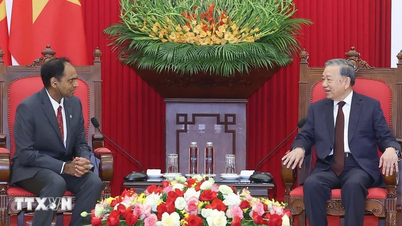

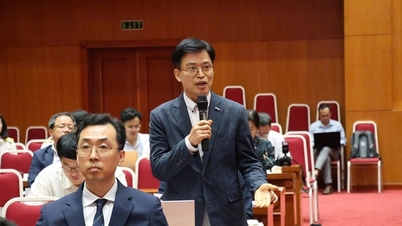

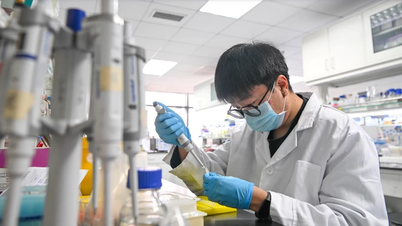







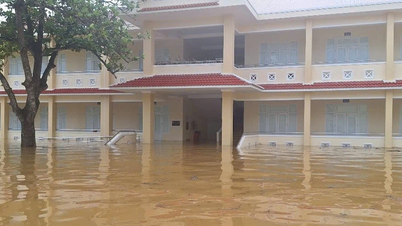


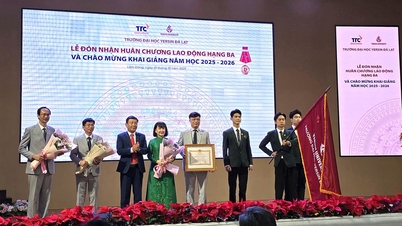

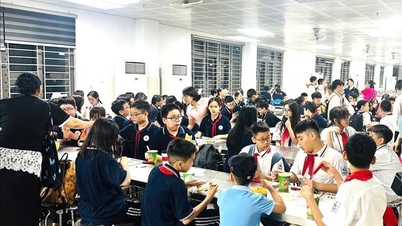

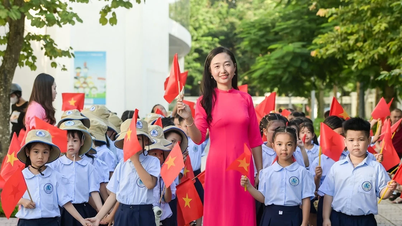




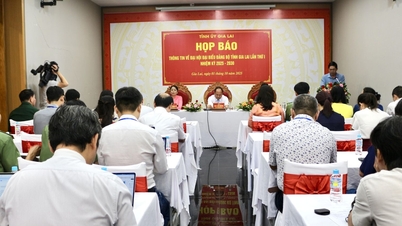
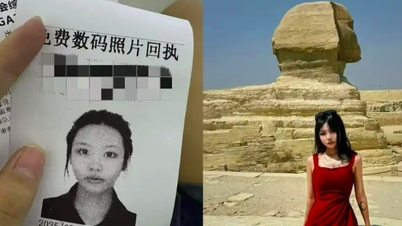


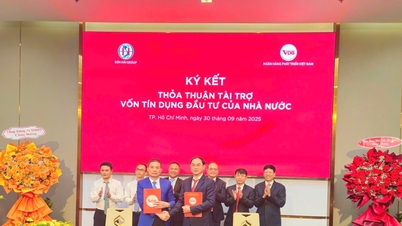
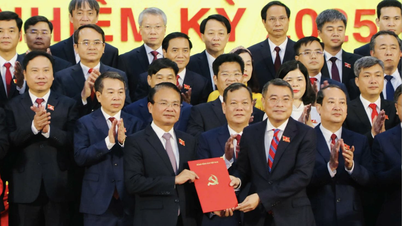



































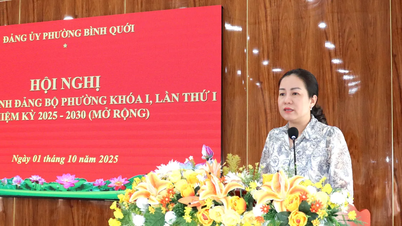

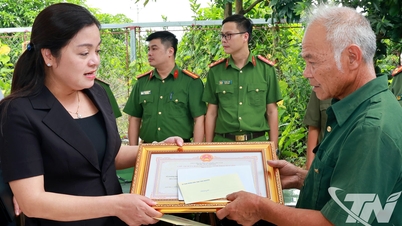

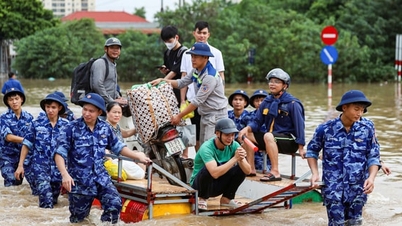



















Comment (0)